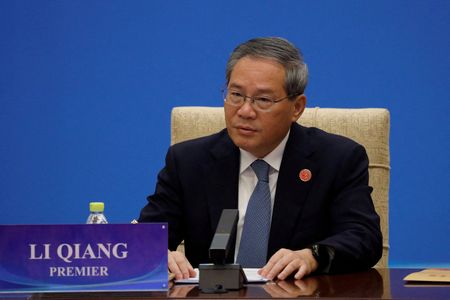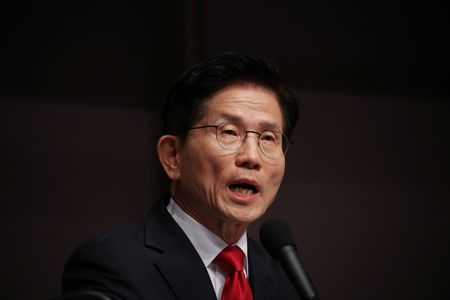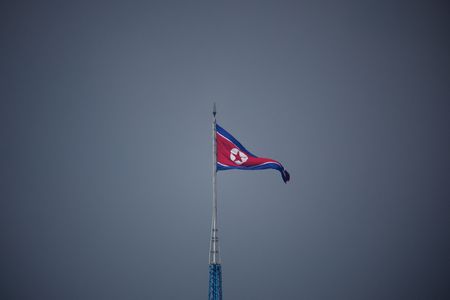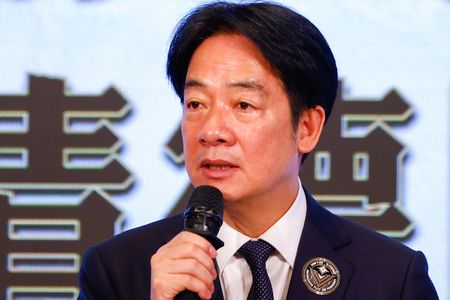By Antoni Slodkowski and Laurie Chen
BEIJING (Reuters) -Chinese Premier Li Qiang will visit Malaysia in late May for a summit with a newly established super-group of Southeast Asian and Arab nations which Beijing hopes to rally against Washington’s tariffs, two sources told Reuters.
China is on an offensive to mend ties with the European Union, Japan and Korea after U.S. President Donald Trump unleashed a global tariff salvo on April 2, which he abruptly paused for dozens of countries except China.
Li will be in Kuala Lumpur for the ASEAN-GCC-China summit on May 27, held shortly after the ASEAN Summit on May 26, two sources familiar with the matter told Reuters. China has not publicly confirmed who it will send. GCC stands for Gulf Cooperation Council, which comprises six Arab states including major oil producers Saudi Arabia, Kuwait and Qatar.
The visit of China’s second-ranked official comes shortly after President Xi Jinping visited Malaysia, this year’s ASEAN chair, last month. While there, he urged ASEAN nations to unite in resisting “excessive tariffs” and progress has been made on finalising an ASEAN-China free trade deal since then.
The Malaysia meetings will follow the high stakes U.S.-China trade talks in Switzerland this weekend that will likely lay the groundwork for deeper negotiations between the world’s two largest economies after a period of escalation in the trade war.
One of the sources said the planning of the summit, which began a few months ago, predates Trump’s tariffs but trade is expected to be high on the agenda with two major geopolitical power players invited to the region.
The Chinese and Malaysian foreign ministries did not immediately respond to requests for comment.
ASEAN is China’s largest trading partner, with total trade value reaching $234 billion in the first quarter of 2025, according to Chinese customs data, while China is the Gulf Cooperation Council’s top trading partner.
The GCC’s total commodity trade with China reached almost $298 billion in 2023 while the bloc accounted for 36% of China’s total crude oil imports that year, according to UN figures.
U.S. Treasury Secretary Scott Bessent said on Tuesday Washington is currently negotiating with 17 major trading partners, with some trade deals potentially finalised this week.
U.S. officials say they intend to use trade negotiations with third countries to isolate China economically. In mid-April, China’s commerce minister held a video call with Saudi Arabia on responding to U.S. tariffs.
(Reporting by Laurie Chen and Antoni Slodkowski; Additional reporting by Mei Fong Chu in Beijing and Danial Azar in Kuala Lumpur; Editing by Lincoln Feast.)










